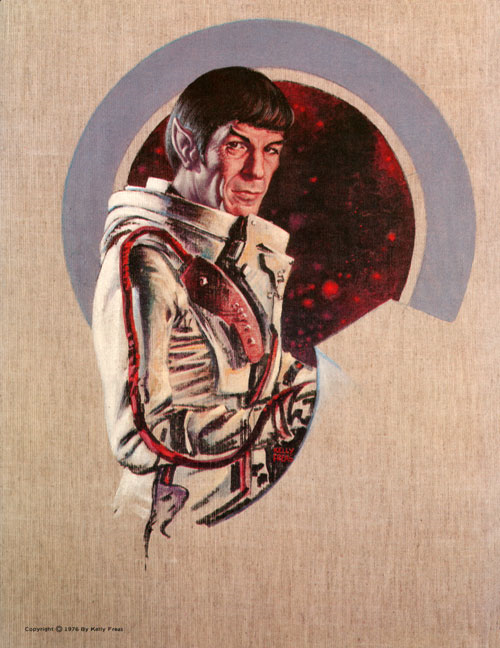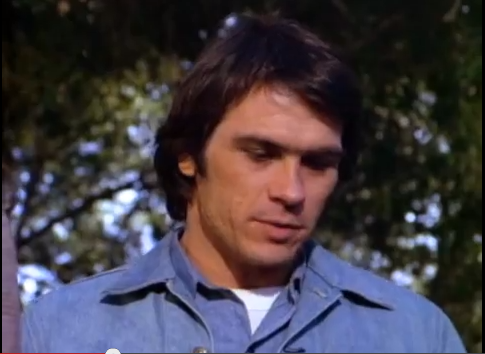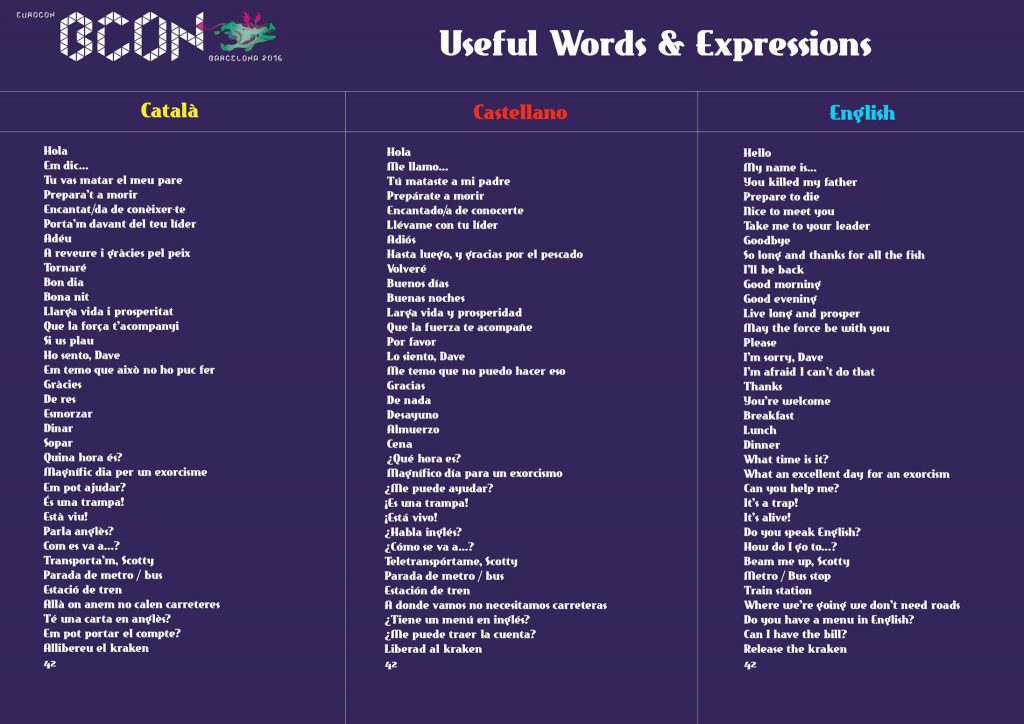(1) YOUR ONE-MAN WIKI. Remember, Camestros Felapton is reading Infogalactic so you don’t have to – “Say, Camestros what’s your new fave Voxopedia page? [Update]”.
Why, I’m glad you asked that question, disembodied voice that writes the blogpost titles. My new favourite Voxopediapage is:
LIST OF ASIAN MEN’S INVENTIONS: …
And that’s not all – Elsewhere on Voxopedia more women have gone missing:
Kitty Joyner is the lead picture for ‘engineer’ on the Wikipedia page
Look, she has a slide rule and everything! Sadly her presence was just too confusing for the poor folks at Voxopedia. Maybe that big circular gizmo in the background didn’t look pi=4 enough. So, to prevent fainting and to protect sensitive dispositions, Joyner has been replaced by Oliver Heaviside.
Phew!
(2) BIG BRAIN THEOREM. TV Guide’s Liam Matthews ranks “The 11 Smartest People Who Have Appeared on The Big Bang Theory“.
The Big Bang Theory is a show about scientists, and it bolsters its academic credibility by bringing in guest stars from the world (galaxy?) of science to play themselves, as well as casting actors with graduate degrees to play characters on the show.
I’m not qualified to rank these guest stars on smarts, because I failed physics in high school. But as a professional clickbaiter, I am qualified to rank them based on how annoying I find their public persona. So without further ado, here are the 11 smartest people who have appeared on The Big Bang Theory, ranked from most to least annoying.
(3) KELLY FREAS. The Space:1970 blog posted “Kelly Freas STAR TREK Portfolio (1976)”.
In 1976, legendary science fiction illustrator, Frank Kelly Freas, published the Star Trek Portfolio, featuring gorgeous charcoal portraits of the officers of the U.S.S. Enterprise. Needless to say, it’s a highly-desired collectible these days.
JJ says, “I think that Spock bears a strong resemblance to Tommy Lee Jones! Of course, in 1976, Tommy Lee Jones looked like this…”
(4) VERBAL ENGINEER. Popular Science interviews Ken Liu:
In your Dandelion Dynasty series, you reimagine transportation, military hardware and the rest of the technological landscape in a style you’ve come to call “silkpunk.” How did you come up with that approach?
In creating the silkpunk aesthetic, I was influenced by the ideas of W. Brian Arthur, who articulates a vision of technology as a language. The task of the engineer is much like that of a poet in that the engineer must creatively combine existing elements of technology to solve novel problems, thereby devising artifacts that are new expressions in the technical language.
In the silkpunk world of my novels, this view of technology dominates. The vocabulary of the technology language relies on materials of historical importance to the people of East Asia and the Pacific islands: bamboo, shells, coral, paper, silk, feathers, sinew, etc. And the grammar of the language puts more emphasis on biomimetics?—?the airships regulate their lift by analogy with the swim bladders of fish, and the submarines move like whales through the water.
(5) FABULOUS OLD STUFF. Marcin Wichary recommends the Museu de la Tècnica de l’Empordà in Figueres, Spain.
AND THEN I SEE THIS. I don’t actually have a good photo, but the third floor is five rooms filled with HUNDREDS of typewriters. pic.twitter.com/X4SdYvMUq1
— Marcin Wichary (@mwichary) October 27, 2016
(6) WHERE’S THE BEEF? Episode 21 of Scott Edelman’s podcast Eating the Fantastic features Alyssa Wong and one of Kansas City’s famous barbecue joints.
Listen in as we chow down on BBQ and talk about what franchise inspired her to write fanfic, the exciting moment when she first encountered a character who looked like her, where she hopes to be 10 years down the road, how she encountered Faceless Ghost Grandma, why she said, “I hate being bored and I don’t like rules,” and more.
(7) EUROCON LIVESTREAM. The 2016 Eurocon in Barcelona, Spain will be livestreamed on November 4, 5 and 6 — http://kosmopolis.cccb.org/bcneurocon/.
Their trilingual dictionary may come in handy —
(8) NAME THE YA AWARD. Lew Wolkoff of the Young Adult SF/F Award Committee asks fans to participate in their survey.
As you know, the World Science Fiction Society is in the process of creating a Campbell-like award for Best Young Adult Science Fiction or Fantasy Award. The motion passed at Kansas City and was passed on to Helsinki for, hopefully, final approval.
One of the matters that has yet to be settled is the name of the award. The Young Adult SF/F Award Committee is currently doing an online survey to get suggestions on what that name will be. This survey ends on November 15. The results will be tabulated, and a second survey of members of the World Science Fiction Society will be taken to get a recommended name (or names) for the 2017 Business Meeting.
Each year the World Science Fiction Society (WSFS) gives out the Hugo and Campbell awards at its annual convention, Worldcon. The awards highlight the best science fiction and fantasy works of the previous year, and they are presented for best novel, short story, graphic story, editor, artist, and a number of other categories. Thus far there has been no award to recognize young adult (YA) books.
In response to this, the Young Adult Award Committee was created to study the viability of an award recognizing excellence in YA science fiction and fantasy at Worldcon. WSFS has since supported the creation of an award for YA fiction, and the committee’s task now turns to naming it.
We are looking for an award name that is especially evocative. We hope to capture the transformative, transportational, and captivating power of books for young adults.
(9) TODAY’S BIRTHDAY GIRLS
- Born October 28, 1902 – Elsa Lanchester, Frankie’s bride.
- Born October 28, 1952 — Annie Potts. When you decide who ya gonna call, she answers the phone.
(10) KEEPING YOUR UNIQUE VOICE. Credit where it is due – Dave Pascoe had a good column of writing advice today at Mad Genius Club.
One significant trick I learned from Dean Wesley Smith is focusing on a specific writing technique for a story. Make sure you get the sensory information into every page. Whether it’s a mention of the odors you characters smell, or the vivid colors around them (or drab, if that’s the way you roll, you dystopianist, you), or the moan of the chill wind between the weathered slats of the abandoned homestead in which your people are sheltering for the night, give the reader anchors for their imagination. And then, let the reader know the character’s reactions. That low moan, that sends a prickle up the spine of your hero, that recalls the hunting cat that terrified him as a child.
(11) TEXT TO SCREEN. Those who have been participating in the adaptation discussion here will want to eyeball Violette Malan’s “My Top Ten Novel-to-Movie Adaptations” at Black Gate.
I want to begin by saying that I’m making no judgments (well, hardly any) on which is the better version, the book or the movie. I’m only saying I thought the adaptations were good. Anyway, in no particular order, here are my top ten film adaptations (at least for this week) with the screenwriter, the source material, and the director identified.
The Princess Bride William Goldman from his own novel, directed by Rob Reiner I can’t think of anything new to say, at least not today, about what is probably my favourite movie of all time.
The Shawshank Redemption Frank Darabont adapted and directed from the Stephen King novella (Rita Hayworth and the Shawshank Redemption)
The single greatest change from novella to movie was casting the Red character as a black man. Whether that was done because they wanted Morgan Freeman, or whether it was done beforehand, I don’t think matters. A couple of other things were changed (the kid whose testimony could have freed Andy Duschesne wasn’t murdered in the original) but in each case it was done to underline some aspect of character or plot that the conciseness of screenwriting (see above) necessitated.
(12) A VIKING FUNERAL. Anne C. Perry witnesses “The Extinction Event: The Beginning of the End” at Pornokitsch.
Five years later, Jurassic has published almost fifty books. That’s thousands upon thousands of pages of stories by over a hundred authors, with art by a dozen artists, which have (so far) raised more than £8,000 for charity along the way, which is a hell of a history. Especially given that Jurassic London lost fully half of its staff after the first year, when one of the two of us (me!) leveraged her experience founding a small press to get a job in traditional publishing.
If, five years ago, we could have chosen how we’d end Jurassic, The Extinction Event is exactly what we would have wanted: it’s big, bold, brilliant and beautiful. It contains 33 stories, some from previous publications and some which are entirely original, and features new art from nine artists. In Extinction you’ll find apocalypse, bombast, lightning and lava. You’ll also fine joy and sorrow and laughter and misery, cowboys and werewolves and mummies and spaceships… and, for some reason, rather a lot of spiders.
(13) TUCKERIZING RAISES BONANZA. Monster Hunter Nation came through in a big way to help pay someone’s medical bills. Larry Correia reports:
Earlier this week I posted about taking donations to help out my buddy Mitch with his medical bills, and that we’d be taking donations in exchange for me using your name in a book.
So many of you jumped in that we had to close it the next day. We raised over $20,000 in a day and a half….
Logistically speaking, that many names is going to take me a long time and several books to work through. There are a few spots in Monster Hunter Siege I will be able to use for charity red shirts, but this is going to take years.
I tell you, once I run through these names, and I’m doing this again for some other cause several years down the road, I’m totally going to jack up the price on you guys. 🙂
The important thing is that you are awesome, and you did something amazing for a good man. Mitch is already using this money to pay bills. Once again the Monster Hunter Nation has come through. I love you guys.
(14) SCHADENFREUDE. If you like seeing someone dish it out, Michaele Jordan’s “MidAmeriCon II: Con Report” at Amazing Stories is for you. She flays the programming division, MidAmeriCon’s version of LonCon’s Fan Village, Dave Truesdale, and Charlie Lippincott.
This programming bias came back to bite them in the butt. When [Charles] Lippincott saw that MidAmericon II was planning a Star Wars day, he decided this was his chance to cash in. He prepared his own ‘MidAmericon II’ program. (We know he prepared it in advance because 4-page, 10 x 14, glossy fliers with full color illustrations do NOT happen overnight.) It was to be an all-day media event, hawking autographs ($50.00 apiece) and featuring talks, slideshows and Q&A (conflicting with numerous other con functions, including the masquerade, and again not free). He did NOT consult with the con about this program.
Having laid his plans, he proceeded to escalate his demands to MidAmericon II, demanding more money, more publicity, more perks, etc. (As I was working the press room, I saw some of his emails myself, and can personally verify that he took a high-handed ‘gimme-gimme’ approach to what we will laughingly call negotiations.) When the con failed to meet some of his new demands, he canceled on the day before the con.
He then proceeded to hold his own stream of events anyway, just across the street — without removing MidAmericon II’s name from his glossy flyer — while bad-mouthing the con at every opportunity. He stood by his plan to charge high prices for attendance at his events. I mean, really. Would YOU pay $50.00 for Charles Lippincott’s autograph? Or another $50.00 to see a slide show of scenes from movies you already know well?
Well, turnabout is fair play. The Lippincott counter-con was a disaster.
(15) THE BIRD. Why, no, Stubby, I didn’t know these authors were acquainted! “When Charles Dickens & Edgar Allan Poe Met, and Dickens’ Pet Raven Inspired Poe’s Poem ‘The Raven’”.
“There comes Poe with his raven,” wrote the poet James Russell Lowell in 1848, “like Barnaby Rudge, / Three-fifths of him genius and two-fifths sheer fudge.” Barnaby Rudge, as you may know, is a novel by Charles Dickens, published serially in 1841. Set during the anti-Catholic Gordon Riots of 1780, the book stands as Dickens’ first historical novel and a prelude of sorts to A Tale of Two Cities. But what, you may wonder, does it have to do with Poe and “his raven”?
… It chanced the following year the two literary greats would meet, when Poe learned of Dickens’ trip to the U.S.; he wrote to the novelist, and the two briefly exchanged letters (which you can read here). Along with Dickens on his six-month journey were his wife Catherine, his children, and Grip, his pet raven. When the two writers met in person, writes Lucinda Hawksley at the BBC, Poe “was enchanted to discover [Grip, the character] was based on Dickens’s own bird.”
(16) SANDERSON HITS JACKPOT. “DMG Nabs Rights to Brandon Sanderson’s ‘Cosmere’ Book Universe in Massive Deal” reports Variety.
DMG Entertainment has nabbed film and licensing rights to “Cosmere,” Brandon Sanderson’s acclaimed series of interconnected fantasy novels. The entertainment and media company has committed to spending $270 million, which will cover half of the money needed to back the first three movies made from Sanderson’s canon. That makes it one of the largest literary deals of the year. DMG beat out several interested parties for rights to the series. As part of the pact, insiders say Sanderson will receive a minimum guarantee on each film that is produced, as well as a rich backend, allowing the author to make millions.
[Thanks to JJ, John King Tarpinian, Hampus Eckerman, and Scott Edelman for some of these stories. Title credit belongs to File 770 contributing editor of the day Steve Wright.]




